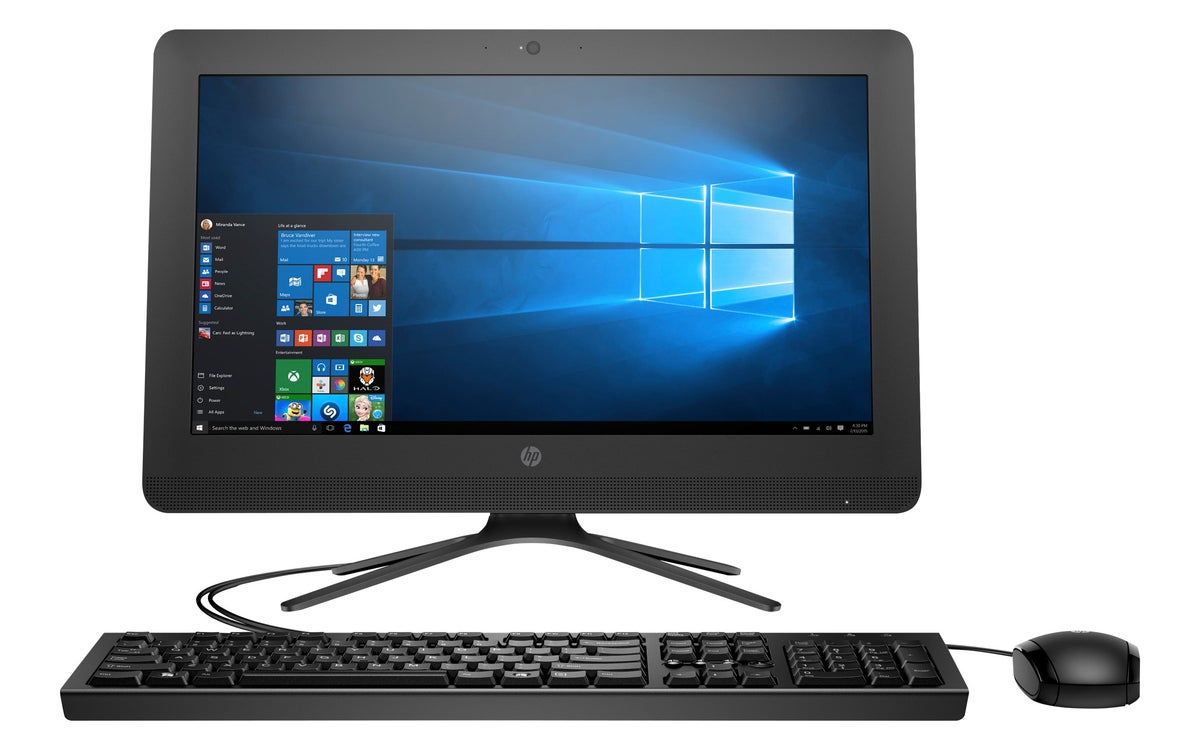[ad_1]
Q: What are the best options for a pre-built desktop PC? My parents need a new computer, but building them one isn’t an option, as I don’t live in the same state. All they do is surf the web and play an ancient card game, so I don’t need to buy them much.
A: Since this question can be interpreted as either one about best form factors or best vendors, I’ll tackle both topics.
In regards to the best types of pre-built PCs, the easiest option is an all-in-one computer. Having the system components housed within the monitor simplifies setup and thus any potential technical woes that come up when trying to help troubleshoot from afar. (“What do you mean by an input? What’s an input? No, I don’t have an HDMI.”) Some now come with built-in webcams, too, which means your parents would only need to plug in the keyboard and mouse.
All-in-one PCs do cost more than a standard desktop PC due to the inclusion of the monitor, and they typically use mobile hardware too, so you get less bang for your buck. If your parents already have a compatible monitor and can just plug the old cables into the new PC, you can save money and stretch your dollars further by buying a standard mid- or or mini-tower.
 HP
HPAll-in-ones offer easy setup, but also less powerful hardware due to space constraints.
In either case, your best bet for vendors would be one of the major players—HP, Dell, or Lenovo. They offer a wide selection of pre-built PCs that come with warranties and technical support, and each company often has sales, too. Those discounts are common during major U.S. holidays. During big sale events like Black Friday, you can sometimes snag “Doorbuster” deals for absurdly low prices. This past Thanksgiving, an Intel Core-i3 mini-tower with 4GB RAM and a 1TB HDD was $300 at Dell. Currently, you can get the same system for $360 or an upgraded one with 8GB RAM for $400.
For other sources of savings, you don’t have to buy directly through HP, Dell, or Lenovo, either—some office-supply stores like Staples and Office Depot/Office Max sell pre-builts manufactured by the big three. Another alternative is to buy a refurbished model from Dell, HP, or Lenovo if you don’t need absolutely brand-spanking-new hardware. Buying a refurb directly from the maker assures a better warranty and customer service experience. Both of these options require a little more work, however, as you’ll need to keep an eye on the listings to find the real gems. Otherwise, you’re typically better off buying brand-new when there’s a sale.
[ad_2]
Source link